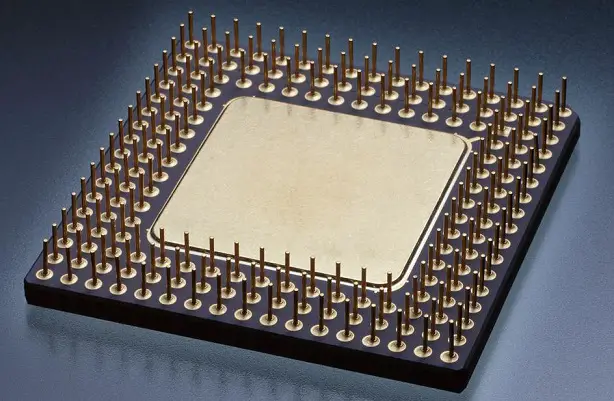As Micron Technology has sought to mend ties with Beijing, it has now settled a high-profile lawsuit over intellectual property theft with a prominent state-backed Chinese firm.
In an statement, Micron announced it has reached a global settlement agreement with Fujian Jinhua Integrated Circuit Co. In an email bereft of any further details, a Micron spokeswoman said, “The two companies will each globally dismiss their complaints against the other party and end all lawsuits between them.”
There was no immediate response from Fujian Jinhua, to an email requesting comment outside of business hours.
In May, the government of China had banned Chinese chips from being incorporated into “critical infrastructure” due to cybersecurity concerns. At the same time, the US has been launching a concerted campaign with its allies to deprive Beijing of the most advanced semiconductors and the most advanced chip-making technologies.
In June, Micron had warned that roughly half of its sales which were linked to clients based in China would be affected by Beijing’s move, which would translate into a “low-double-digit-percentage” of its global revenue. The company said mainland China and Hong Kong businesses accounted for roughly a quarter of its global revenue.
Micron has sought to mollify Beijing, promising to invest an additional 4.3 billion yuan ($602 million) in its Chinese chip-packing plant, and having Chief Executive Officer Sanjay Mehrotra make a personal trip to Beijing.
Micron sued Fujian Jinhua and its Taiwanese partner United Microelectronics Corp. in the US in 2017, claiming the firms stole memory chip trade secrets from the Boise, Idaho-based chipmaker.
Fujian Jinhua and UMC were formally charged with conspiring to steal trade secrets from Micron a year later, under the Justice Department’s program targeting China in cases of economic espionage. The Trump administration blocked Fujian Jinhua from acquiring American components by adding them to the so-called entity list.
UMC settled the case with Micron, and pleaded guilty in a deal with US prosecutors, in return for them dropping the most serious charges of economic espionage and conspiracy over the theft of IP. However the case against Fujian Jinhua is still pending with the Justice Department.

